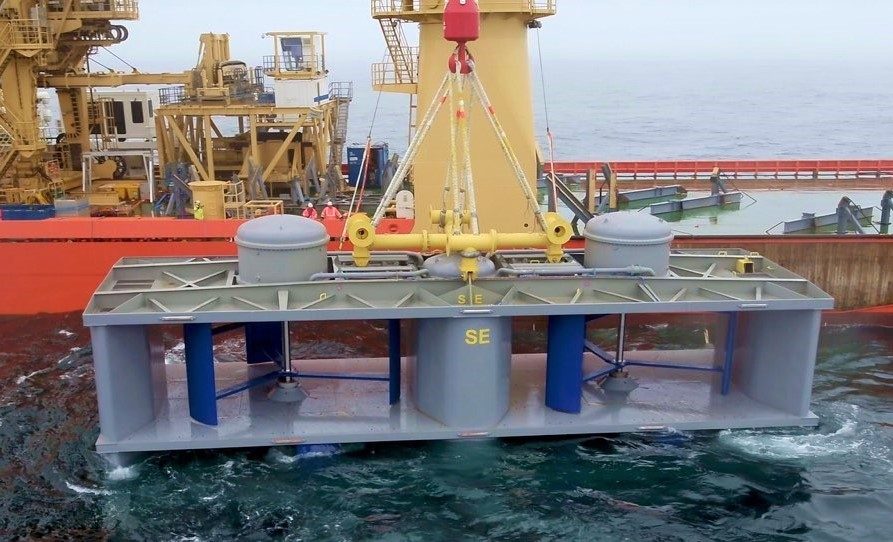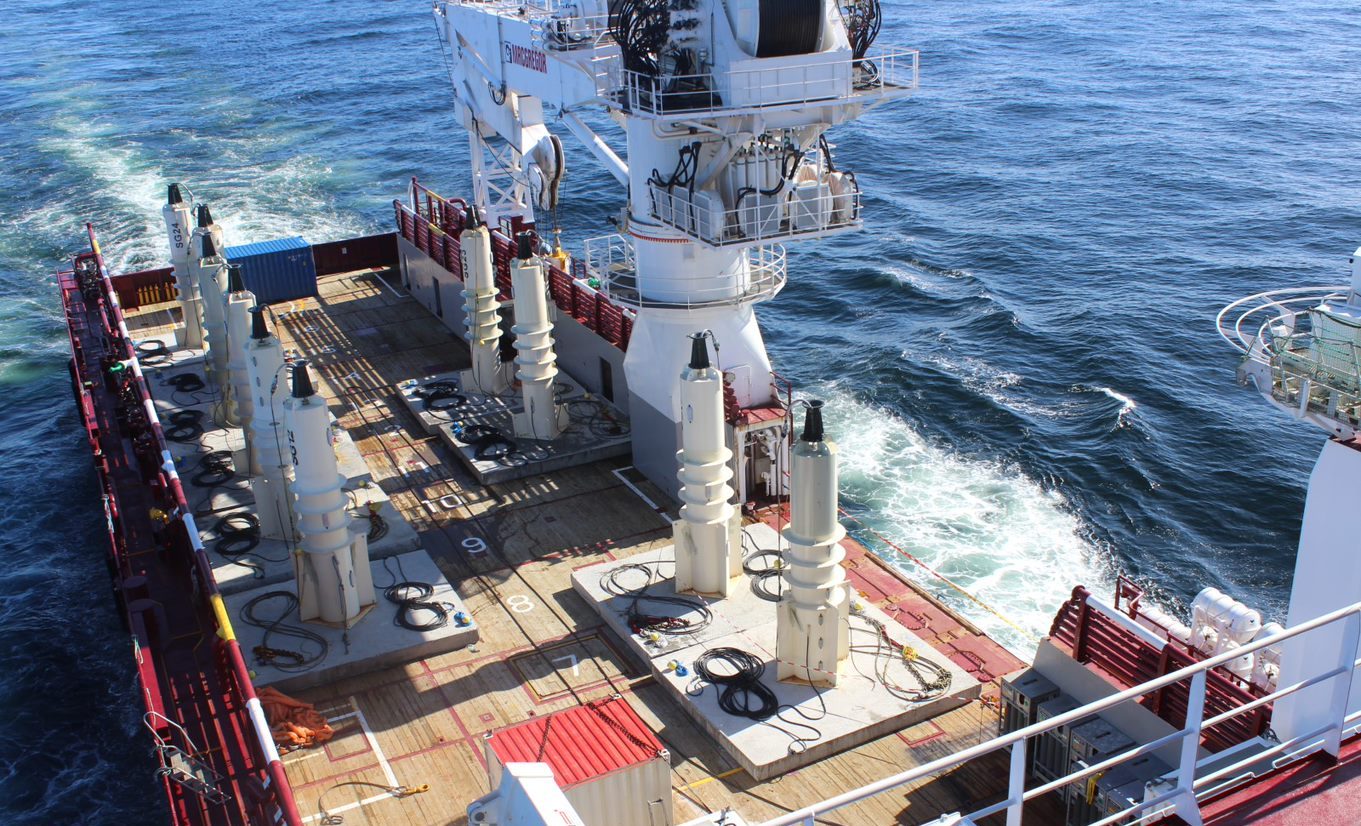Ocean Energy: A test of the Green Deal’s transformational ambitions

25.11.2020
The European Commission has stressed that its Green Deal has wide-ranging ambitions, beyond a pure focus on decarbonisation. The Deal aims to create entirely new industries and jobs, reframe our relationship with local environments and natural resources, and re-prioritise fairness and quality of life. In short, its goal is a fundamental transformation of the way European citizens live, work and play.
A powerful step-change by a confident young Commission, or just admirable intentions? A new initiative on ocean energy may prove to be an important barometer.
The Commission’s new ‘Offshore Renewable Energy Strategy’ covers all offshore renewable technologies, but specifically seeks to accelerate the roll-out and scale-up of wave and tidal stream energy. As the strategy’s actions are realised, this drive will be nothing short of revolutionary.
The goal is to create an entirely new European industry, based on generating renewable electricity from the ebb and flow of the tides, and the surge and crash of the waves. This blue growth is founded upon European strengths in innovation, entrepreneurship, manufacturing and technological prowess.

The rewards are as much economic as they are environmental. About 40% of the world’s population live along coastlines. Establishing a strong home market for ocean energy will allow Europe to export high-value technology across the globe.
The level of ambition is impressive. The nascent ocean energy sector is targeting 100 million ocean energy-powered homes in Europe by 2050, and European dominance of a global market valued at €53bn per annum.
This will transform Europe’s coastal regions into drivers of economic growth. Ocean energy workshops, assembly lines and operation centres will create new jobs, and mobilise the specialist skills of former shipbuilders, fishermen and oil & gas workers.
Ocean energy presents new ways of sustainably tapping into natural resources. Devices have little or no visual impact, a benign effect on marine environments, and – being a recent innovation – they have circularity principles built in from the start.
Yet another gain is that wave and tidal farms work in harmony with wind and solar power. This allows even more renewables to be deployed across Europe without fossil fuel back-up, paving the way for a 100% renewable-powered Europe.
This is a fundamental transformation. It goes far beyond the simple expansion of an existing industry, or the next edition of an already-mature technology. An ocean-powered Europe would be cleaner, more prosperous, more egalitarian, more powerful on the global stage – all while providing a better quality of life for its citizens.
In a world without climate change, this would be considered radical. In today’s world, it’s just common sense.
Can the European Commission deliver on this promise, and show that the Green Deal’s breadth of ambition is warranted? Yes, but they’ll need to deploy every tool – old and new – at their disposal.
To unlock the industrial roll-out of ocean energy, classic EU instruments will remain crucial – such as grants, finance, and coordination of actions between different players across Europe. Europe’s approach towards financial instruments must continue to evolve – future iterations must be tailored to the specific risks of delivering emerging technologies at scale.
Alongside this more traditional work, the Commission must deploy its newer, ‘softer’ skills.
Some key actions can only be delivered at a national level – such as revenue support for the first ocean energy demonstration projects – so Member State buy-in is essential. National governments want to harness their wave and tidal resources, but they need to know that they won’t be investing alone, and that there will be a future European market for their companies.
The Commission has two critical roles here. Firstly, to clearly and confidently set out its ambition for an ocean energy-powered Europe. And secondly, to persuade, entice, challenge and incentivise national governments to participate wholeheartedly in this common mission.
This role may be less comfortable territory for an institution which traditionally implements and enforces rules, but it is exactly what is required if it is to realise von der Leyen’s ambition of becoming a “geopolitical” Commission.
What is certain is that the coming years will be exciting and demanding for both the European ocean energy sector and the Commission. If you want to be part of this journey, make sure you attend Ocean Energy Europe 2020 – the sector’s annual conference and exhibition. It will provide a glimpse of what an ocean-powered future Europe will look like, as it brings together all the players who are making this a reality.

